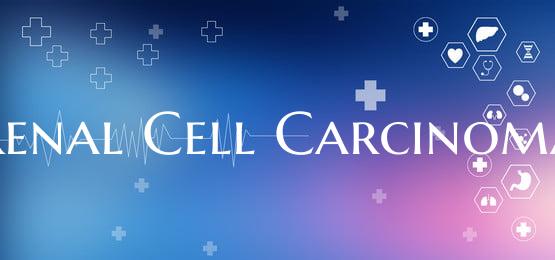
Renal Cell Carcinoma
Renal cell carcinoma is a type of kidney cancer that originates in the lining of the tubules in the kidney. This particular form of kidney cancer accounts for approximately 90% of all cases of kidney cancer in adults. Renal cell carcinoma typically affects individuals in their 50s and 60s and is more prevalent in men than in women.
Symptoms of renal cell carcinoma can vary, but common signs may include blood in the urine, persistent pain in the back or side, a palpable mass in the abdomen, unexplained weight loss, fatigue, and intermittent fever. However, it is important to note that some people with renal cell carcinoma may not experience any symptoms, especially in the early stages of the disease.
Diagnosis of renal cell carcinoma often involves a combination of imaging tests such as CT scans, MRIs, and ultrasounds, as well as blood and urine tests to assess kidney function. A definitive diagnosis is typically made through a biopsy, where a tissue sample is taken and examined under a microscope.
Treatment options for renal cell carcinoma depend on the stage of the cancer and the overall health of the individual. Surgery to remove part or all of the affected kidney is a common approach for localized disease. Other treatment modalities may include targeted therapy, immunotherapy, radiation therapy, or in some cases, chemotherapy.
It is important for individuals at risk of renal cell carcinoma, such as those with a family history of the disease or individuals with certain genetic conditions, to undergo regular screenings and follow up with their healthcare providers. Early detection and prompt treatment can greatly improve outcomes for individuals diagnosed with renal cell carcinoma.